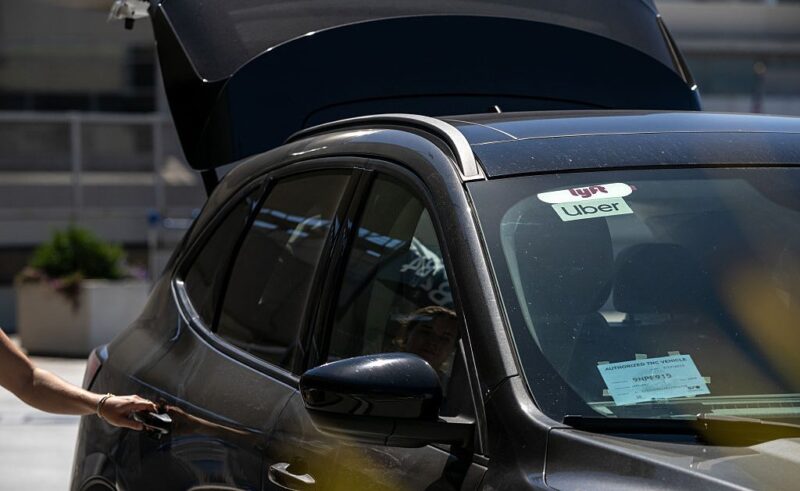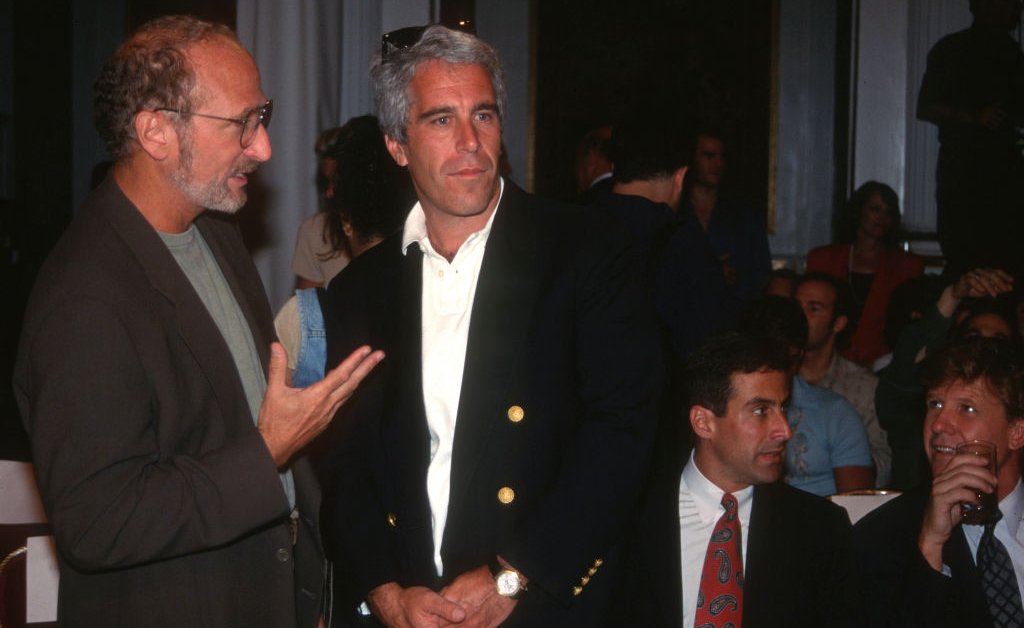Male drivers for Uber and Lyft are suing the companies over a feature that lets users hail only women drivers.
The dual class action suits allege that the functions—which followed thousands of sexual harassment and assault lawsuits against Uber and Lyft over the years— have limited the economic opportunities for men and discriminated against them because of their gender.
Lawyers acting for the plaintiffs argue that male drivers “are discriminated against and receive fewer and different rides than they otherwise would absent the policy.” They contend that the policy “reinforces the gender stereotype that men are more dangerous than women.”
Read more: Sexual Harassment Isn’t Just a Problem for the Rich and Famous
California has some of the nation’s strongest anti-discrimination laws. The lawsuit accuses both Uber and Lyft of violating the Unruh Act, a California civil rights law that “expressly prohibits sex discrimination by business enterprises.”
They are seeking $4,000 in damages per male driver in California for violating state law.
TIME has reached out to Uber and Lyft for comment.
Two drivers were represented as plaintiffs in each lawsuit for the two companies, but the lawsuits estimate that the hundreds of thousands of male ride-sharing drivers could be covered by the class-action.
The lawsuits were met with dismay from some users of the feature, who say it’s vital for safety.
“I just feel more safe and comfortable with a woman driver,” Celeste Juarez, 28, told TIME. “I had many uncomfortable experiences with male drivers before. Especially going on a girls’ night out.”
Juarez said she uses Uber’s Women Preferences option all the time since it was rolled out, and said she thinks the lawsuits are “misguided.”
“As a woman, it’s about my safety and getting to my destination without any repercussions or any unwanted sexual advances. With this option, I feel so much safer and don’t have anxiety coming home late or have to worry about whether or not I will make it home,” she said.
Uber announced the program allowing female drivers and passengers to ride with other women in July, and it has since rolled out in San Francisco, Los Angeles, and Detroit in the summer.
“Across the US, women riders and drivers have told us they want the option to be matched with other women on trips,” the company said in its announcement. “We’ve heard them—and now we’re introducing new ways to give them even more control over how they ride and drive.”
The feature was first introduced by Uber in 2019 in Saudi Arabia after a landmark law granting women the right to drive.
Lyft’s “Women+ Connect” program launched in 2023 in the United States, offering women and nonbinary drivers rides with drivers of the same gender, with first access in Chicago, Phoenix, San Diego, San Francisco, and San Jose.
Several nonprofit organizations supported Lyft’s decision at the time, including the Human Rights Campaign, the National Association of Women Law Enforcement Executives (NAWLEE), and the National Sheriffs’ Association Traffic Safety Committee.
“Lyft is rolling out an inclusive product at a time when so many companies are shying away from explicit inclusion of transgender and non-binary people,” Jay Brown of the Human Rights Campaign said when Lyft announced the program. “Women+ Connect was built with intentionality to make rideshare better for women and non-binary riders. When rideshare is better for these folks, it’s better for everyone, and we at HRC stand behind that.”
History of assaults
According to Uber’s most recent U.S. Safety Report, which covered 2021 to 2022, they received 2,717 reports of serious sexual assault or misconduct, and 92% of the accused individuals were drivers.
The most common report included non-consensual touching and penetration. The latter accusation disproportionately affected women, who represented 89% of the survivors, while men represented 8%.
In 2021, Lyft released a similar report that said that there were more than 1,800 reports of sexual assault during Lyft rides in 2019, and 4,000 reports of sexual assault during rides from 2017 to 2019.
Labor groups have also questioned Uber and Lyft’s safety regulations for drivers after one report found 50 drivers were killed on the job between 2017 and 2022.
In July, U.S. District Judge Charles Breyer in San Francisco, the judge presiding over more than 2,300 lawsuits against Uber for passengers who were sexually assaulted or harassed, did not dismiss the idea that the absence of a gender-matching feature on the app may lead to liability claims.
Looming culture war
The new program’s introduction in the U.S. has already prompted backlash from conservative groups, most notably the Heritage Foundation, the right-wing think tank behind Project 2025.
In early August, the think tank released a commentary that argued that the preference model violated sex discrimination laws.
“Uber will be empowering its drivers to ignore, that is, discriminate against, male riders,” the article, written by Heritage Foundation Legal Fellows Hans A. von Spakovsky and Sarah Parshall Perry. They connected the new feature to individual racial discrimination of taxi drivers against Black riders.
Back when Lyft announced Women Connect, other alt-right personalities, including influencer Tomi Lahren, blasted the program.
Yet, Uber and Lyft have maintained that the program was “highly requested” by women and non-binary users of their applications, and that the goal is to increase feelings of safety for these users.








